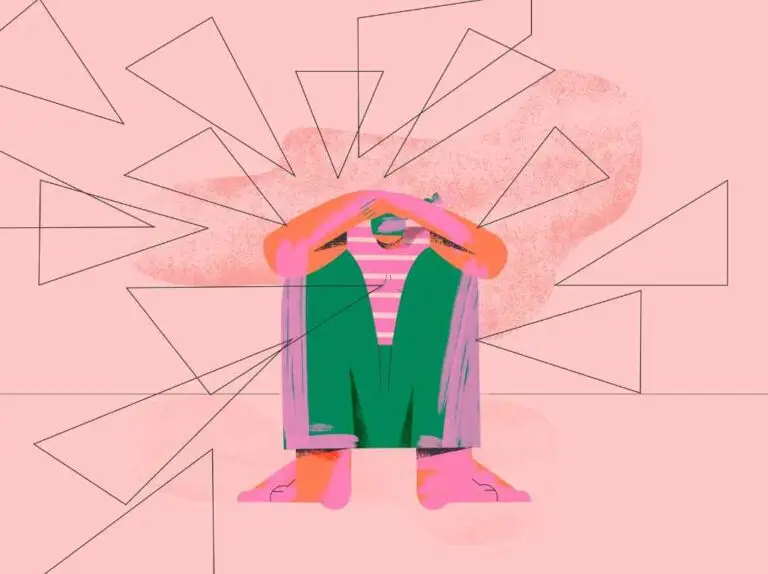Effective Coping Strategies for Managing Anxiety and Panic Attacks
If you’re having more anxiety and panic attacks these days, you’re not alone. Life is pressured and the news is not good.Anxiety and panic attacks can be overwhelming experiences, often leaving people feeling helpless and out of control. In the United States, where stressors like work pressures, financial concerns, and societal expectations can exacerbate these feelings, it’s crucial to have coping strategies in place to manage such challenges effectively. While seeking professional help is essential for severe cases, there are several proactive steps individuals can take to cope with anxiety and panic attacks on a day-to-day basis.
1. Deep Breathing and Mindfulness
When anxiety strikes, one of the most immediate and effective coping techniques is deep breathing. Taking slow, deep breaths helps activate the body’s relaxation response, counteracting the physiological symptoms of panic. Combining deep breathing with mindfulness techniques, such as focusing on the present moment without judgment, can further help in reducing anxiety levels.
2. Get Active
Engaging in regular physical exercise is not only beneficial for physical health but also for mental well-being. Exercise releases endorphins, which are natural mood lifters, and reduces the levels of stress hormones in the body. Activities like walking, jogging, yoga, or dancing can be particularly helpful in alleviating anxiety symptoms and promoting a sense of calm.
3. Work On Healthy Lifestyle Habits
Maintaining a balanced lifestyle can significantly impact anxiety levels. This includes getting an adequate amount of sleep each night, eating a nutritious diet rich in fruits, vegetables, and whole grains, and limiting the consumption of caffeine and alcohol, which can exacerbate anxiety symptoms.
4. Get Your Support Group Going
Building a strong support network is crucial for managing anxiety and panic attacks. This may involve confiding in close friends or family members about your struggles, joining support groups where you can connect with others facing similar challenges, or seeking professional help from therapists or counselors specialized in anxiety disorders.
5. Use Cognitive Behavioral Techniques
Cognitive-behavioral therapy (CBT) is a highly effective approach for managing anxiety and panic attacks. Through CBT, individuals learn to identify and challenge negative thought patterns that contribute to their anxiety. Techniques such as cognitive restructuring, thought-stopping, and exposure therapy can help individuals regain control over their thoughts and emotions.
6. Learn Relaxation Techniques
Incorporating relaxation techniques into daily routines can help reduce stress levels and prevent anxiety from escalating into full-blown panic attacks. Techniques such as progressive muscle relaxation, guided imagery, and visualization exercises can promote feelings of relaxation and calmness.
7. Learn Your Triggers And Avoid Them
Identifying and avoiding triggers that exacerbate anxiety is key to managing symptoms. This may involve limiting exposure to stressful situations, setting boundaries in relationships, or avoiding certain stimuli, such as news or social media, that contribute to feelings of overwhelm.
8. Use Mindful Self-Compassion
Practicing self-compassion involves treating oneself with kindness and understanding, especially during moments of distress. Instead of criticizing oneself for feeling anxious or having a panic attack, individuals can cultivate self-compassion by offering themselves words of comfort and reassurance.
9. Use Medication If You Have To
In some cases, medication may be prescribed to help manage anxiety symptoms. Antidepressants, anti-anxiety medications, and beta-blockers are commonly used to alleviate symptoms of anxiety and panic attacks. It’s important to work closely with a healthcare provider to determine the most appropriate medication and dosage.
10. Create A Coping Toolbox
Building a toolbox of coping strategies tailored to individual needs can be invaluable in managing anxiety and panic attacks. This may include keeping a journal to track triggers and symptoms, creating a playlist of calming music, or carrying a sensory item like a stress ball or essential oils for aromatherapy.
Managing Anxiety And Panic Attacks Conclusion
In conclusion, managing anxiety and panic attacks in the USA requires a combination of self-care practices, professional support, and lifestyle adjustments. By implementing these coping strategies and seeking help when needed, individuals can effectively navigate the challenges of anxiety and lead fulfilling lives. Remember, recovery is a journey, and it’s okay to seek support along the way.
Elevation Behavioral Health offers mental health programs in residential treatment facilities licensed to treat mental health disorders and addiction. Contact them today to learn more about anxiety disorder treatment in California.
More Health Articles To Read
7 Tips To Stop Relapse Triggers
Tips To Celebrate Milestones In Recovery
Tips For Recovering From Childhood Trauma
Mental Health And Spirituality
Dealing With Addiction Issues: Why You Should Go To A Rehab





















